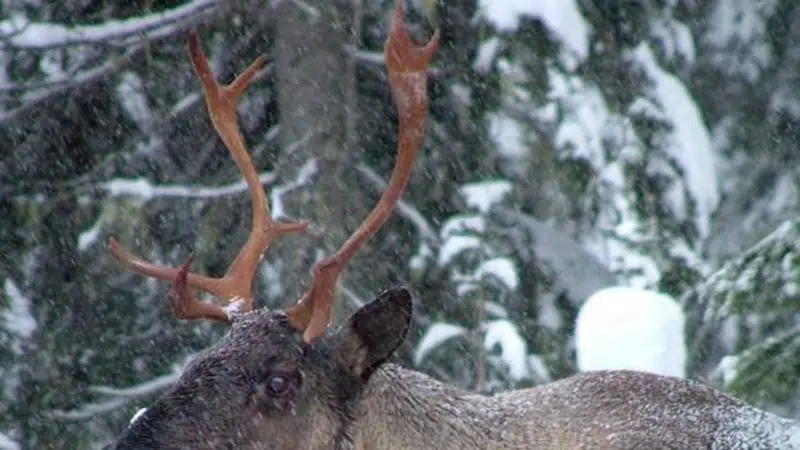
B.C. imposes interim moratorium on resource development to protect caribou
VANCOUVER — The British Columbia government announced an interim moratorium on resource development in parts of the south Peace region on Thursday, giving itself more time to sign a long-term strategy to protect dwindling caribou populations.
The government said it will close consultation gaps to find harmony within local communities that have been divided over the issue, while one of the area’s First Nations called the move a stall tactic.
The issue of caribou protection had “inflamed passions,” in what Premier John Horgan said in April was a lack of understanding about saving the animals.
Blair Lekstrom, a former Liberal MLA who was appointed the province’s community liaison in April, said he’s confident a balance can be reached.


